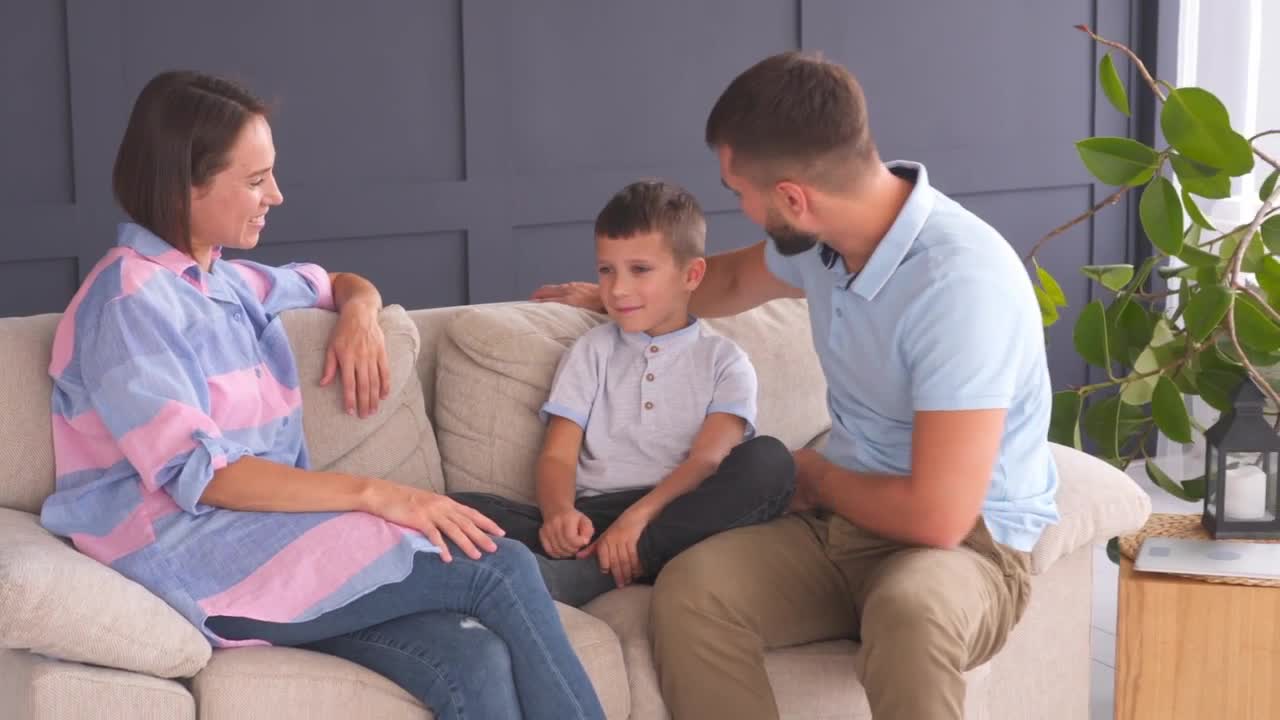SALT LAKE CITY — Registered play therapist Carly Schrimpl has an impressive collection of toys.
While typically the toys do the talking for Schrimpl’s clients, she says it’s parents who should consider talking to their children about traumatic events, like the public murder of Charlie Kirk.
“Sometimes parents don’t really want to share a narrative in fear that they shouldn’t know the narrative,” said Schrimpl, who is a licensed clinical social worker at Power Within Child Therapists. “They should know the details, and unfortunately, with the internet and children knowing more information at their fingertips, it’s really important to get ahead of it as a parent. Parents are that safe base, and the narrative is actually what helps begin the processing of any event.”
The LCSW of 14 years says that before sharing a narrative with your child, it’s important to take care of yourself.
Be steady to be able to talk about what happened, rather than jumping in with your emotions — which can make the child more anxious.
“If they do have anxiety, one of the things for anxiety is making the unknown known,” said Schrimpl. “The narrative is taking the unknown situation, the situation that they might’ve heard about, they might’ve looked at a video, but they don’t necessarily really know. To make it known, the parent comes in and provides them with a narrative or with context so that way they can begin processing, and that can reduce fear.”
Schrimpl says another way to reduce fear is to have a plan so kids know they are safe.
She suggests using language like: “Here’s what’s going to happen in this situation,” “Here are the protocols that are happening at schools,” or “Here’s what we’re going to do when we go out in the community if it does happen.”
She says you want to avoid letting a child’s imagination take over instead of them knowing what really happened.
“For children and their developmental process, when they see an image, or when they see a video, they’re not necessarily always processing it in the way that you would expect because of where they’re at with their brain development,” said Schrimpl. “Also, because of the access to the information, it can be traumatic for a child to watch something very tragic or feel like they’re in the experience themselves while watching a video. They’re not really making sense of anything, which is why it’s even more important for parents to have their parental authority and step in and be able to provide them that narrative as part of the security.”
Schrimpl also advises: don’t put your personal feelings onto children. It’s a good idea to be neutral.
“The world right now is having really big feelings, and there’s a lot of people who aren’t agreeing with each other right now,” she said. “It can be really tough, and you can be in a lot of situations where people don’t agree with you or when people are saying mean comments to you. I would say that that’s another template that you’re giving your child in that moment: how do you deal or how do you cope when people don’t agree with you?”




